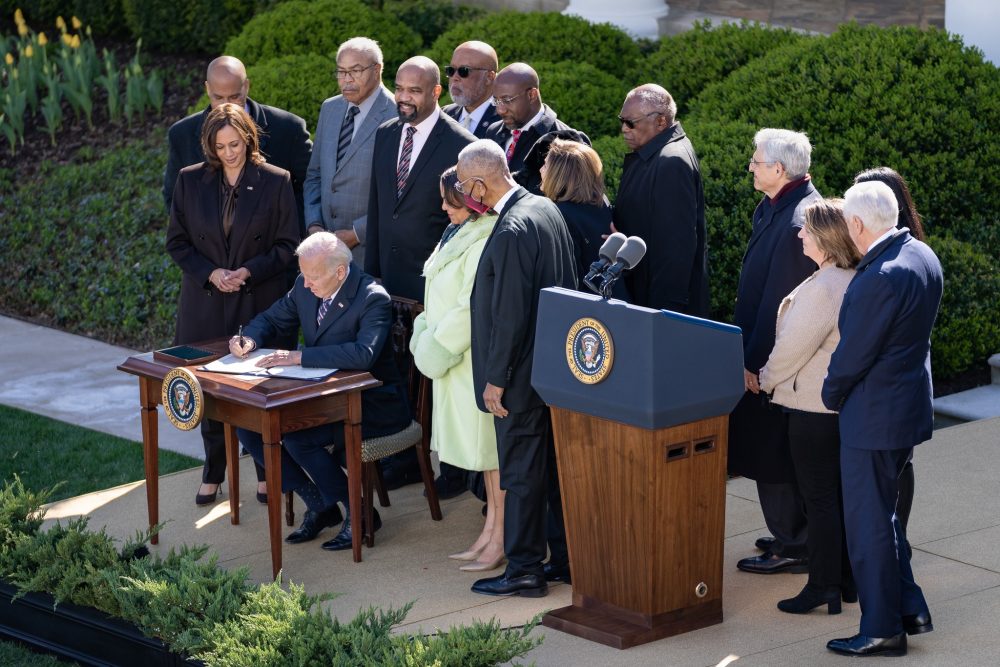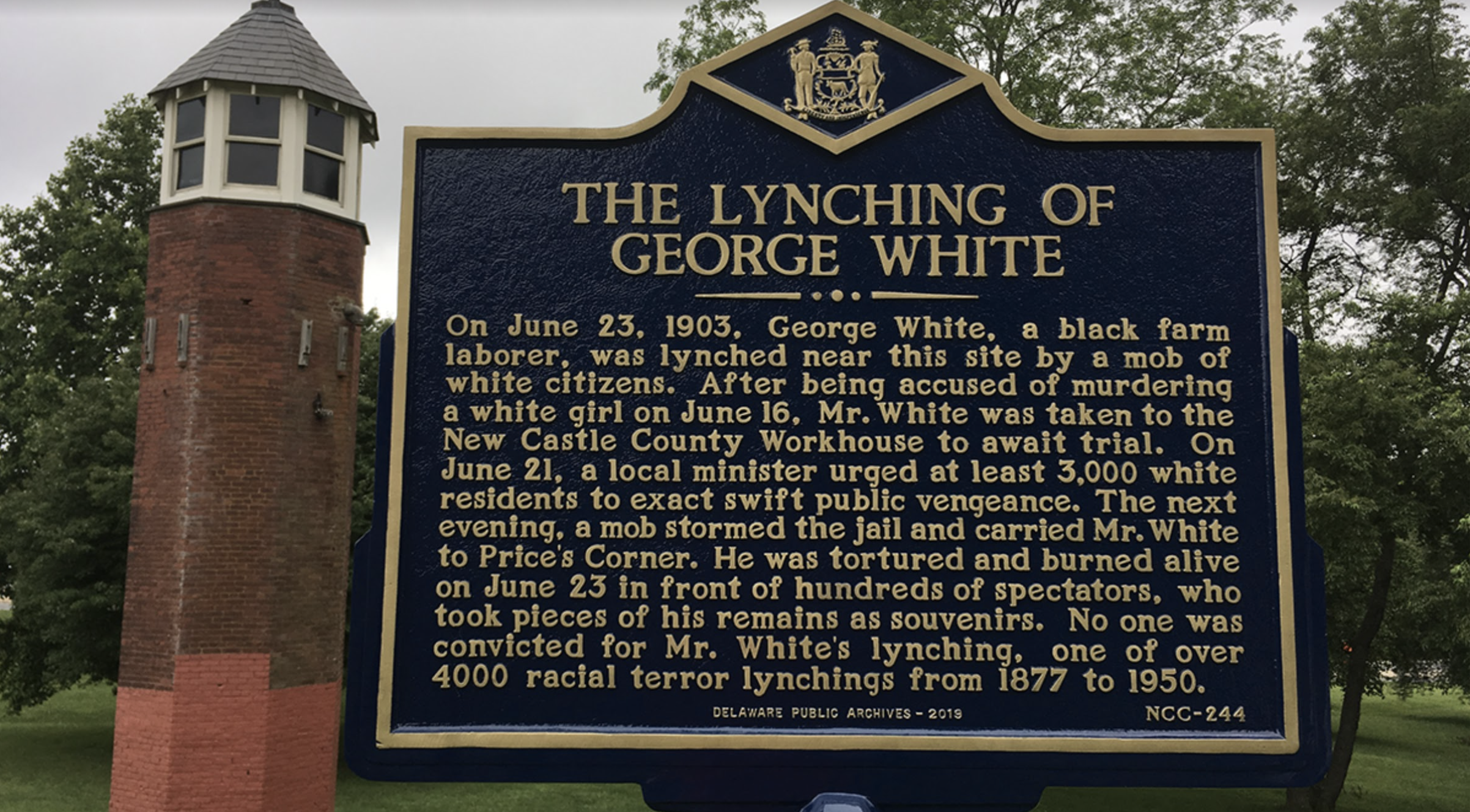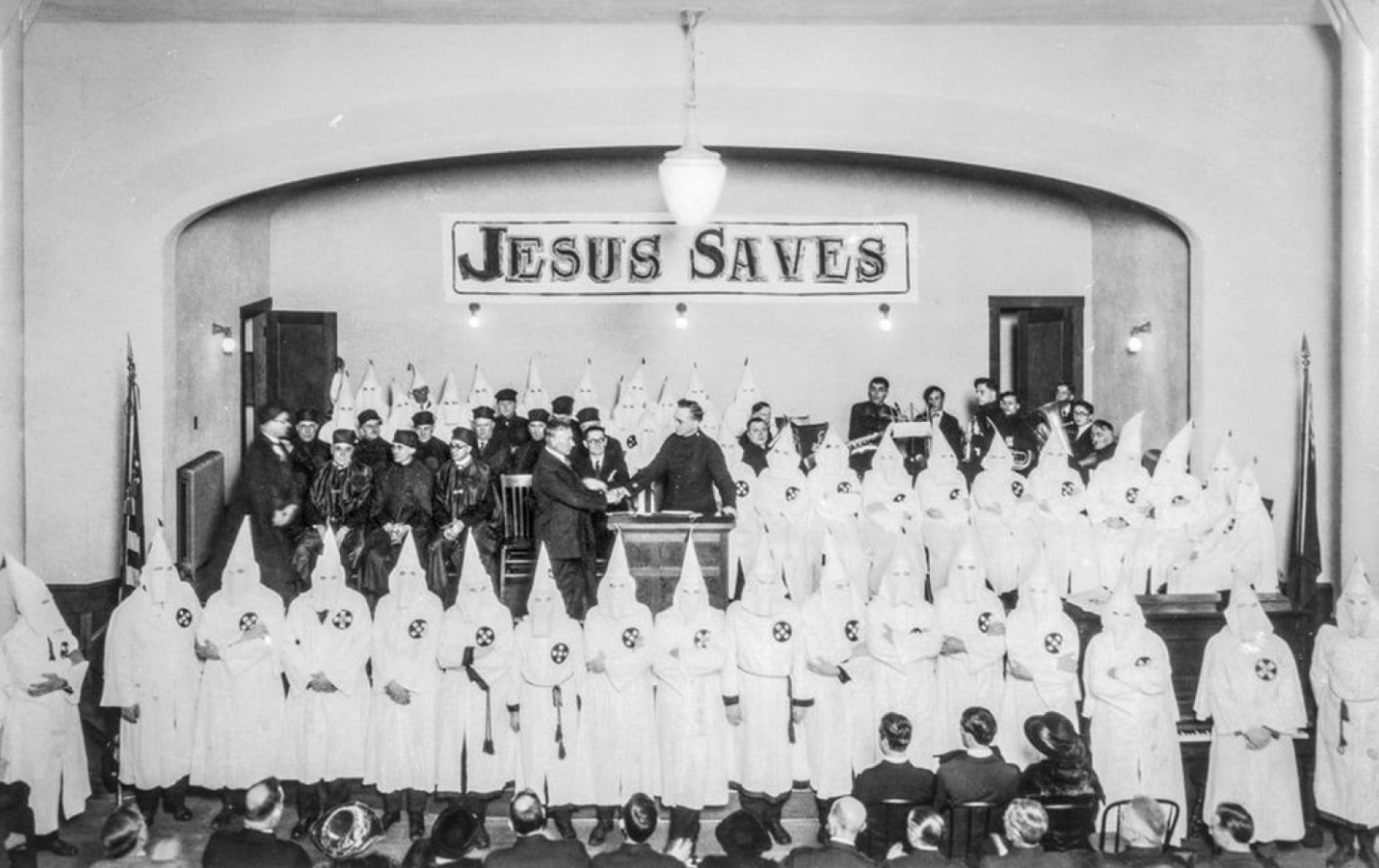The day after Gilbert Harris was lynched in downtown Hot Springs, the Hot Springs Sentinel-Record sought to defend his killing: “There was not racial prejudice in that lynching of yesterday…
Read More
The day after Gilbert Harris was lynched in downtown Hot Springs, the Hot Springs Sentinel-Record sought to defend his killing: “There was not racial prejudice in that lynching of yesterday…
Read More
The day after Gilbert Harris was lynched in downtown Hot Springs, the Hot Springs Sentinel-Record sought to defend his killing: “There was not racial prejudice in that lynching of yesterday…
Read More
The day after Gilbert Harris was lynched in downtown Hot Springs, the Hot Springs Sentinel-Record sought to defend his killing: “There was not racial prejudice in that lynching of yesterday…
Read More

WASHINGTON – Some lawmakers and civil rights advocates are calling for the Justice Department to be more aggressive in prosecuting hate crimes now that lynching is a federal hate crime.
Read More

James White looked at the barren ground in Elaine, Arkansas, where a memorial tree dedicated to hundreds of Black lynching victims once grew and reflected on his hometown.
Read More
The day after Gilbert Harris was lynched in downtown Hot Springs, the Hot Springs Sentinel-Record sought to defend his killing: “There was not racial prejudice in that lynching of yesterday…
Read More

George White prayed incessantly as the lynch mob leaders placed dry straw around him and a stake with twigs in Wilmington, Delaware.
Read More

The revival of the Ku Klux Klan began in November 1915 with a cross burning atop Stone Mountain, Georgia, led by Methodist preacher William Joseph Simmons, who functioned as the…
Read More
The Pittsburgh Courier that Robert L. Vann acquired in 1910 was a newspaper of humble beginnings. Its previous owner was a security guard at the H.J. Heinz Company food packing…
Read More

